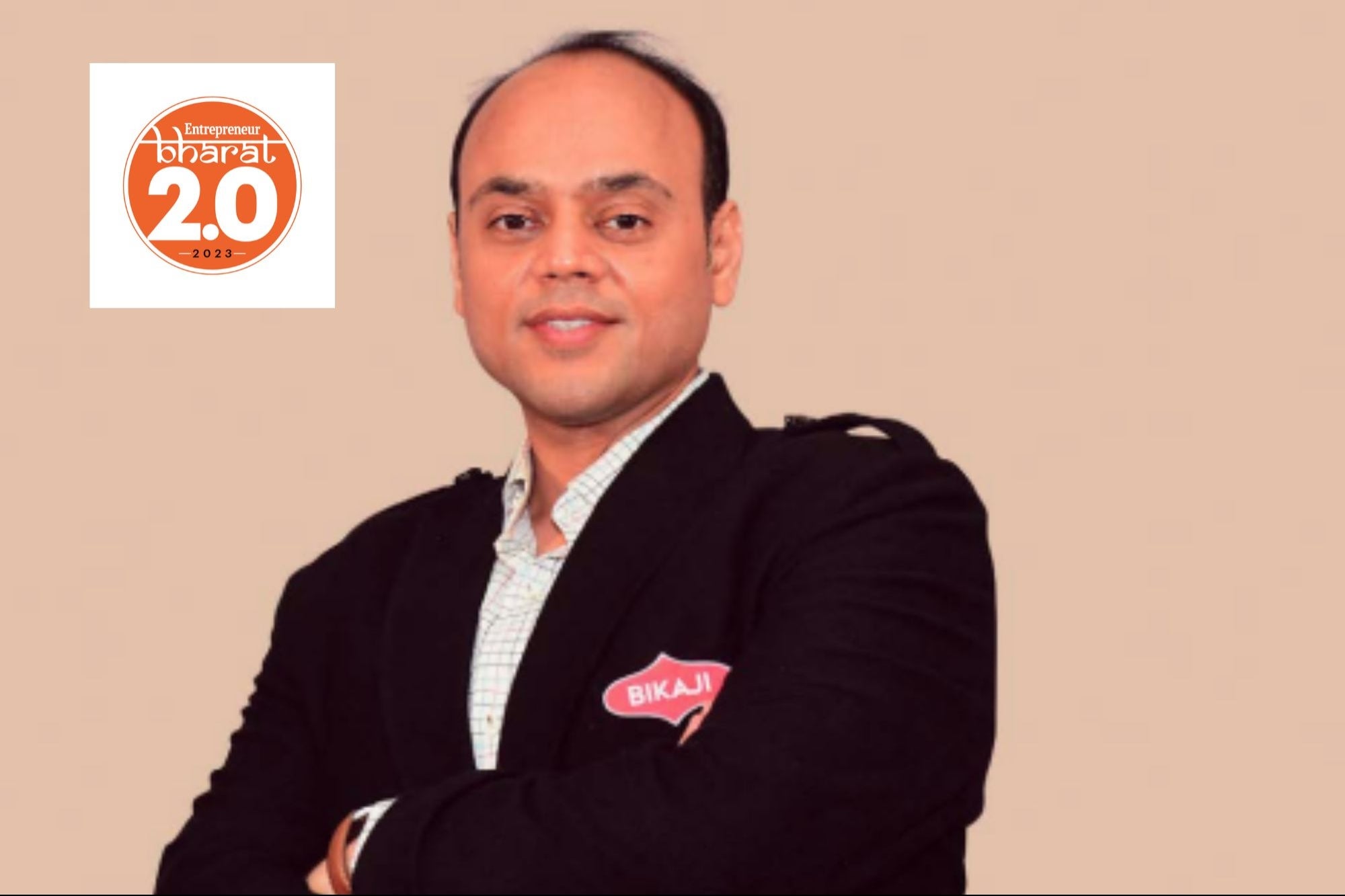SBI's SME Head Explains Why They Are an Angel to Small BusinessesState Bank of India, the largest lender in the Indian business ecosystem, is a game changer in the MSME segment. SBI's Chief General Manager of SME Department, Sadanandan Narayanan, explains why collaboration with fintech companies is crucial for the banking industry to achieve a healthy growth trajectory
Opinions expressed by Entrepreneur contributors are their own.
You're reading Entrepreneur India, an international franchise of Entrepreneur Media.

Micro, Small & Medium Enterprise (MSMEs) are the backbone of the Indian economy and yet they are one of the most unbanked sectors in the country. The credit demand of the industry is close to $600 billion and not even half of this is met. As new-age lenders rush to bridge the gap, should traditional lenders be worried? In an interview with Entrepreneur India,Sadanandan Narayanan, Chief General Manager – SME, State Bank of India, shares his insights.
There are over 60 million MSMEs in the country, of which roughly around 51 per cent are based in the rural region and 49 per cent in urban pockets, according to industry estimates. SBI has been catering to both regions. Narayanan claims that the bank's portfolio is close to INR 2.9 lakh crore but the sector demand is 10 times more. "Though I'm the biggest player in the market in the MSME space, there is enough room for me to grow. Secondly, the fact that the private sector and the NBFCs are actively participating means there is an opportunity here to make money," he says.
Angel to SMEs
SBI often incubates a company and nourishes it to a particular growth stage, explains Narayanan. When the account becomes novel, there are enough private sector banks and NBFCs ready to cater to them. "So, in my opinion, these players don't expand the pie, instead, they only churn the pie. If you look at PSBs, NPA in this segment will be 10 per cent and above, while for the private sector and NBFCs it is less than 3-5 per cent. Additionally, we have also incurred the cost, bringing them to a level that they are no longer new to credit and have a transaction history but the portfolio is churned in favour of NBFCs and private sector banks," he points out.
The Challenge
If there are 60 million MSMEs in the country, how do you spot the opportunities? There are about 65 lakh MSMEs registered with Udyog Aadhar while a little over one crore companies have GST registration. So, how does a lender track the left outs? "I cannot onboard them on a digital platform without touching base with them manually and the problem is much larger than this.
SBI has 25,000 branches and we cannot have a uniform system of appraising MSMEs because each individual will have his/ her own prejudice. Secondly, there is hardly any transaction history for these smaller units as they deal in cash and hence, there is no audit trail.
And if at all they have a bank account there is no credit history or transaction history, therefore, there is no credit bureau record or track or a score. These are the challenges which we face to onboard new to credit SMEs," says Narayanan. The methodology of assessment for a INR 50 crore loan account and INR 50,000 account cannot be the same.
Hence, SBI is in the middle of digitalising the processes for MSME customers, which allows the bank to help even a microenterprise easily. Therefore, SBI has decided to collaborate with Fintech companies. "In this collaboration, the loan process time has been brought down to an hour. Then we have another seven days for the customer due diligence, sanction and post the documentation, the money is given. This has brought down our turnaround time to 10 days, which earlier used to take us 30-45 days."
Giving the example of RXIL and NSE India, Narayanan says SBI has been investing seed capital as a promoter for years and this legacy will continue. "Fintech companies are innovating, de-risking and aggregating the lending business. SBI brings the size while they bring the agility and together we deliver to the SME. Hence, it is in favour of the industry to collaborate and work instead of worrying about our market shares," he explained.













